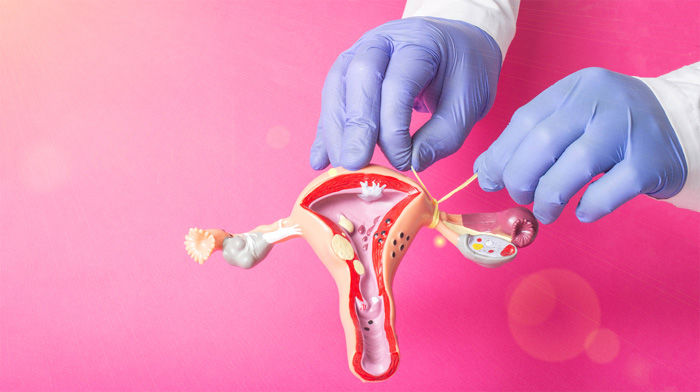Fallopian Tube (Tubal) Reversal: Benefits, factors to consider before reaching fertility consultant
During conception, a woman is required to release an egg from her ovaries and the egg later goes through the fallopian tubes and is fertilized by the sperm but if one decided to not have any more children then the option of exploring birth control and sterilization via tubal ligation can be chosen.
During Tubal Ligation Reversal (Tubal Reanastomosis), the fallopian tubes that were cut/blocked and tied previously, are re-joined using Laparoscopic surgical procedures.
According to health experts, doing so can help the fertilized egg to pass into the uterus again when it comes to embryo transfer and implantation and this surgery is done laparoscopically under general anaesthesia and can last for around 2 hours. In an interview with HT Lifestyle, Dr Bharati Dhorepatil, Consultant Infertility Expert at Nova IVF Fertility in Pune, these factors should be considered before opting for fallopian tube (tubal) reversal –
• BMI and one’s reproductive health: Did you know? Those women with Body Mass Index (BMI) over 32 are not suitable to undergo this procedure. Moreover, various reasons such as endometriosis, and fibroids can also affect one’s decision regarding this procedure. One’s ovaries and uterus will also be thoroughly monitored before undergoing the procedure.
• Age: Women who are under 40 can opt for this procedure. However, those above 40 will have to be thoroughly evaluated and then only they will be declared fit for this procedure.
• The type of tubal ligation surgery undertaken previously: Patients whose fimbriae (ends of the fallopian tubes) had been removed during ligation cannot opt for this procedure. The fertility consultant will go through your medical history and then tell you what needs to be done in your case.
• The current state of the fallopian tubes: The average length of the fallopian tube is 7-8 inches. For one to opt for this procedure the length of the fallopian tube must at least be 4 inches.
Talking about the benefits of fallopian tube reversal, she said, “It can increase one’s chances of pregnancy and help to conceive with minimal surgical intervention. There are fewer complications related to this procedure and it is safe.” Answering whether fallopian tube reversal is recommended for infertile couples, she said, “Before Tubal Reversal, the couple should get the fertility test done and then decide based on what the fertility consultant advises. For young women without any fertility issues, Tubal Ligation Reversal is a good alternative but for infertile couples and women beyond the age of 40, IVF embryo transfer can be done.”

